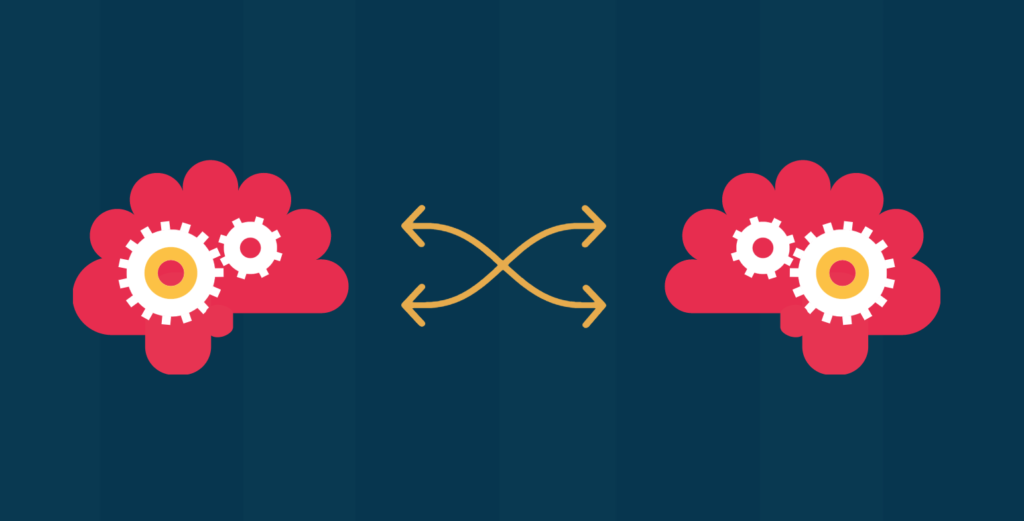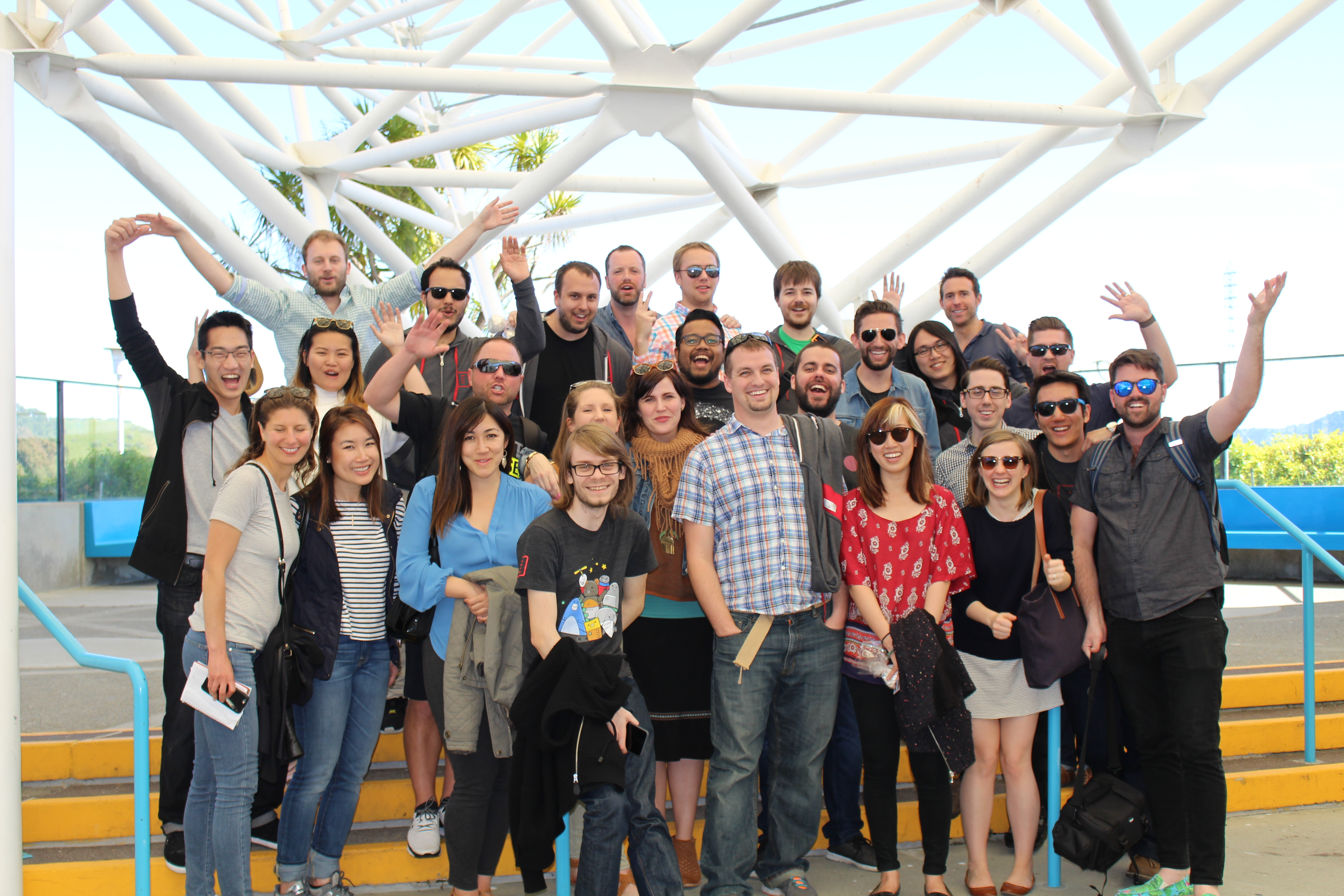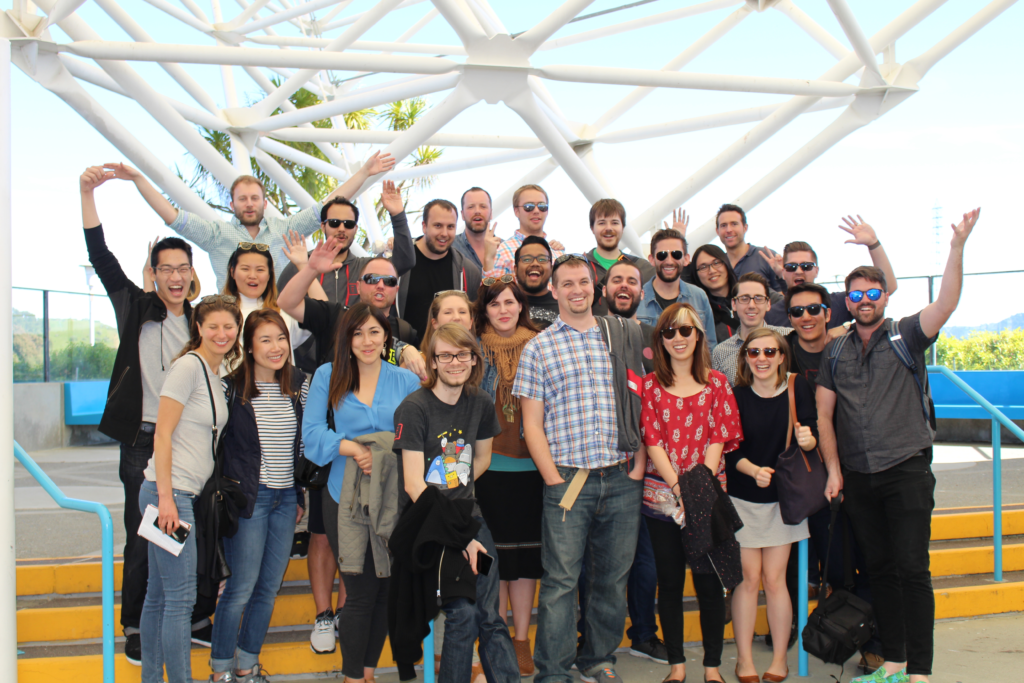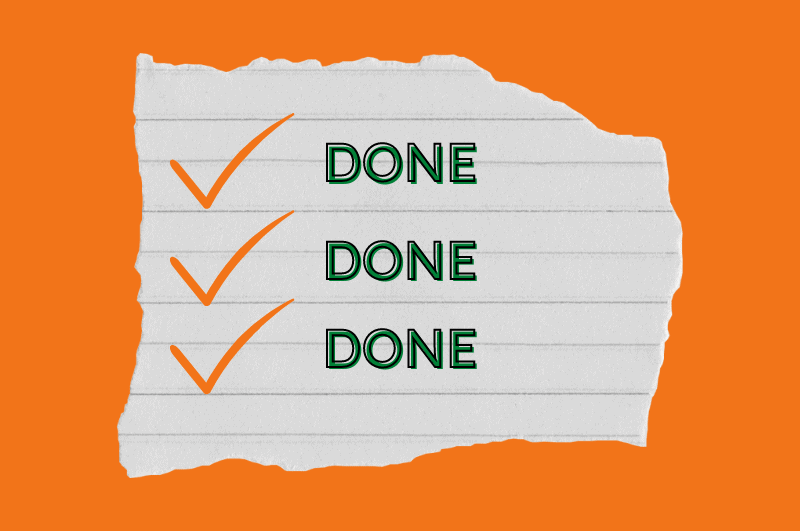
This is a guest post from James Sowers.
The MBA programs at Harvard and Yale are widely known as some of the most competitive in the country, if not the world. Acceptance rates have hovered between 10-15% since the 1970’s. Those who complete their program can expect to receive salary offers starting at $100,000 or more with generous signing bonuses to help them make the transition from academia to the workforce. But, despite having a pool of the country’s best and brightest young business minds, a small selection of these graduates have made anywhere from two to ten times as much money as all of their classmates combined! What’s the difference? According to a series of studies done from 1950 – 1980, having “clear, written goals for the future and plans to achieve them.” At least that’s what the internet would have you believe.
As it turns out, despite being cited in hundreds of books, those studies never actually happened. They have since been refuted by social scientists, investigative journalists, and representatives of the universities involved. Turns out, the whole thing is just one long-lived urban myth. However, that doesn’t negate the fact that regular goal setting is still one of the most effective ways to level up your productivity.
Dr. Gail Matthews, a researcher at Dominican University, received over 149 responses to her study that attempted to arrive at a result similar to the previously mentioned ivy league interviews. Participants were divided into five groups, ranging from those who simply thought about their goals to those who not only wrote them down, but also shared them with others and engaged in weekly progress reports. After four weeks, participants were asked to rate their progress. Here are some of the results:
- Those who wrote down their goals and were responsible for submitting progress reports to someone else where the most accomplished.
- Every group that wrote down their goals (Groups 2-5) significantly outperformed those who simply thought about their goals (Group 1).
- When writing down your goals, there was no statistical advantage to sharing your goals with someone else.
In the end, there was enough scientific evidence to support that writing down goals, committing to those goals over time, and having some method of holding yourself accountable all lead to improved performance and greater achievement. So, we can agree that writing down goals is a good way to be more productive, by why?
Read more




 As we learned recently, the small team of 37 people was able to inspire team motivation through high morale and fast growth, thanks, in part, to their favorite productivity tool. Here’s how they use I Done This.
As we learned recently, the small team of 37 people was able to inspire team motivation through high morale and fast growth, thanks, in part, to their favorite productivity tool. Here’s how they use I Done This.








